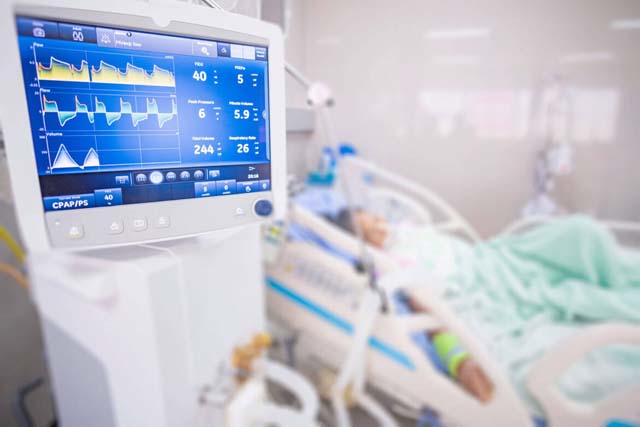
Diagnosis and Treatment of Prostate Cancer: Strategies for Optimal Care
Comprehensive overview of prostate cancer, the most common malignancy in men, covering diagnosis, treatment modalities, and prognostic factors to guide evidence-based management approaches and improve patient outcomes.
March 2018

Adequate Folate Intake Linked to Reduced Colon Cancer Risk in Women
Consuming sufficient folates may lower the risk of colorectal cancer in women, according to a study published in the International Journal of Cancer. This highlights the potential protective effects of dietary folates against colorectal cancer development.
November 2002

Common Virus Associated with Childhood Brain Cancer
Researchers at Temple University suggest that a common virus may contribute to the development of medulloblastomas, the second most common type of childhood brain tumor. This finding could lead to new insights into the prevention and treatment of this deadly disease.
November 2002

Significant Increase in Kidney Cancer Cases in the UK
The UK has experienced a 68% increase in kidney cancer cases over the past 20 years, with over 5,700 diagnoses, highlighting the urgent need for improved prevention and treatment strategies to address this growing public health concern.
October 2002

Genetic Sequencing of Yeast Offers Insights into Cancer Development
Spanish researchers, in collaboration with Nobel Prize winner Paul Nurse, have successfully mapped the genetic sequence of Schizosaccharomyces pombe, a type of yeast. This achievement is expected to provide valuable insights into cancer development and advance our understanding of cellular processes.
October 2002

Physical Exercise Benefits Cancer Patients
A review of six studies indicates that scheduled physical activity during or after cancer treatment can enhance the immune system of cancer survivors. This underscores the importance of incorporating exercise into cancer care plans to improve patient outcomes.
October 2002

Surgery Alone Effective in Controlling Prostate Cancer for Many Patients
A retrospective study conducted at Memorial Sloan-Kettering Cancer Center suggests that radical prostatectomy without adjuvant therapies can achieve long-term control of prostate cancer confined to the prostate gland. This finding provides valuable insights into treatment options for prostate cancer patients.
October 2002

Majority of North American Women Do Not Follow Breast Cancer Screening Recommendations
A study involving 60,000 women reveals that many do not adhere to breast cancer screening guidelines, with only a fraction receiving annual mammograms after the age of 40. This highlights the need for improved adherence to screening recommendations to detect breast cancer early.
September 2002
















